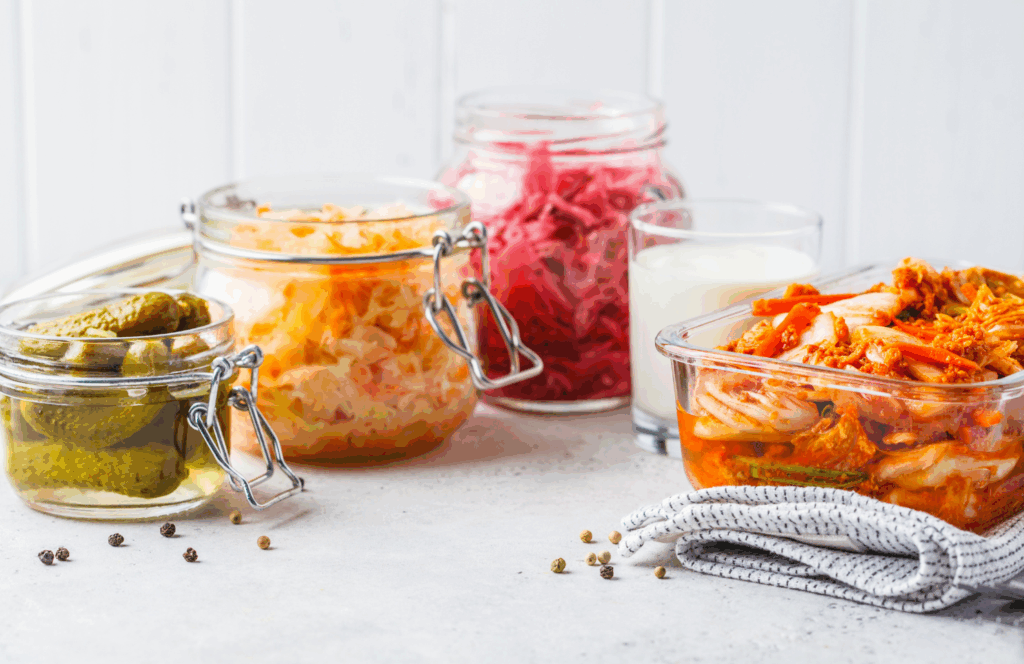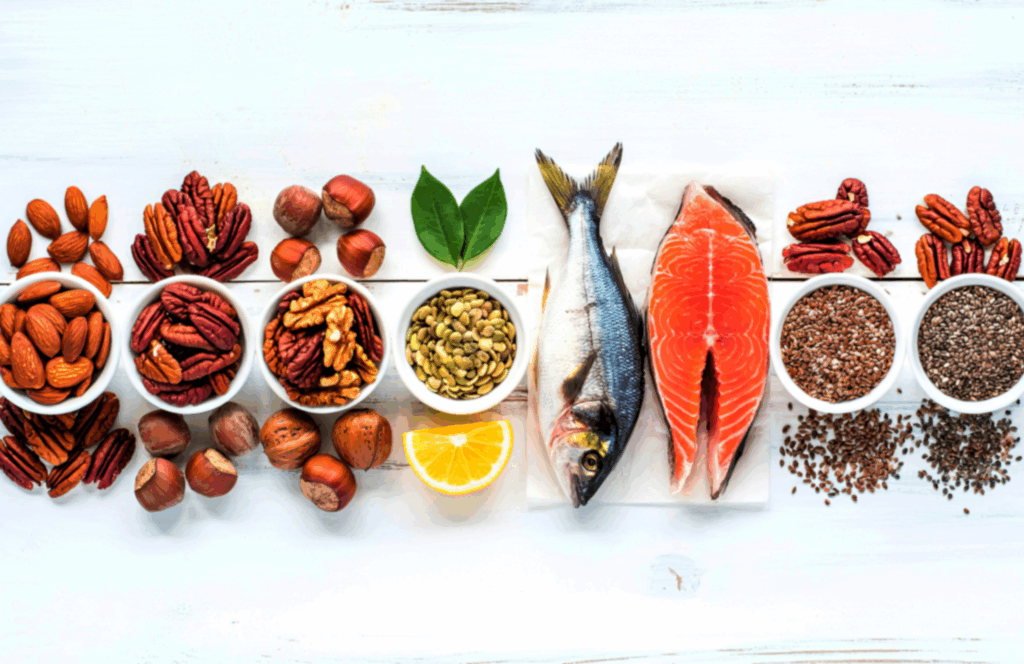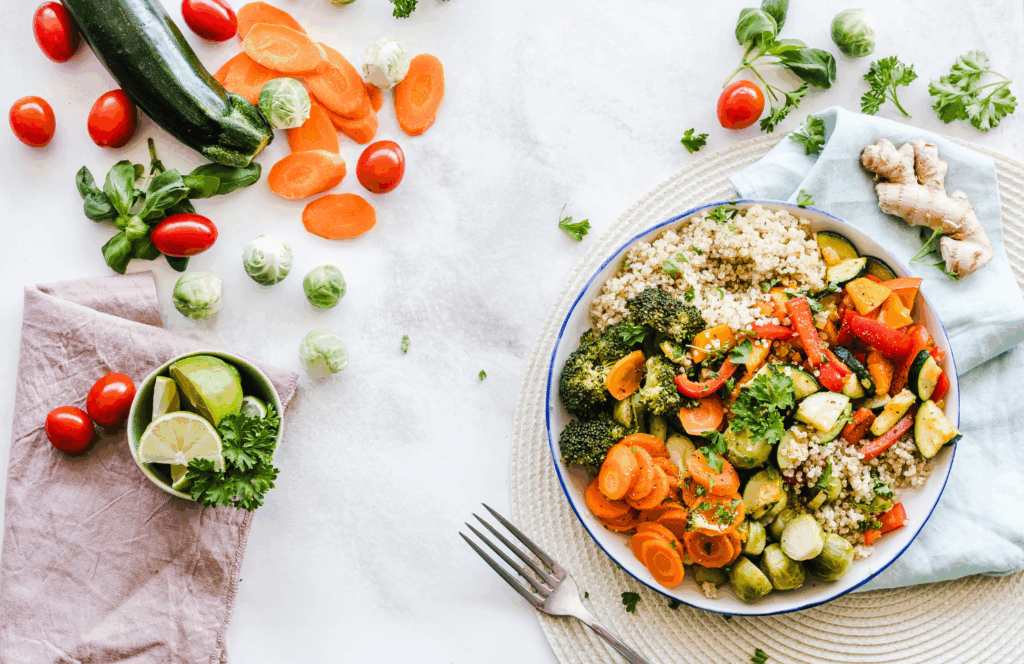The way we think about food is changing. Nutrition is no longer defined by calories or food rules – it’s about nourishment, connection, and understanding how what we eat shapes how we feel. Around the world, researchers and wellness experts are uncovering how nutrition influences everything from gut health and longevity to emotional wellbeing and planetary balance.
The science is clear – food is information for the body and mind. These seven wellness nutrition principles bring that science to life in simple, practical ways you can start using today.
1. Prioritise Gut Health

Your gut microbiome is a key bridge between food and nearly every system in your body – immunity, inflammation, mood, digestion, and metabolism. The diversity of beneficial microbes supports resilience and adaptability.
Emerging research shows that a balanced gut environment can influence everything from stress response to cognitive function. Greater microbial diversity has been linked to improved emotional wellbeing and lower inflammation, while dysbiosis (imbalance) is associated with anxiety and fatigue.
Try this:
-
Eat a wide range of colourful plant foods to nourish diverse gut bacteria.
-
Add fermented foods like sauerkraut, kefir, or kimchi for natural probiotics.
-
Choose whole, fibre-rich ingredients over ultra-processed foods.
-
Stay hydrated to keep digestion running smoothly.
2. Personalise Your Plate

No single diet works for everyone. Your genetics, metabolism, and lifestyle all shape how your body processes nutrients. The growing field of personalised nutrition is revealing how tailored eating can better support energy, metabolism, and long-term wellness.
Research suggests that personalised dietary approaches (considering factors like genetics and gut microbiome composition), improve blood sugar regulation and dietary adherence more effectively than one-size-fits-all plans.
Try this:
-
Notice how different foods make you feel (energised, sluggish, bloated, calm).
-
Keep a simple food and mood journal for a week.
-
Seek professional guidance for a plan that aligns with your needs.
-
Focus on progress, not perfection – flexibility supports sustainability.
3. Eat for Longevity
Cultures known for long, healthy lives share a simple principle – they eat mostly whole, colourful foods and enjoy them in moderation. Nutrient-dense diets rich in plants, healthy fats, and antioxidants reduce inflammation and support graceful ageing.
Large-scale research into Blue Zone and Mediterranean-style diets continues to show strong associations between these patterns and reduced risk of chronic disease and cognitive decline.
Try this:
-
Fill half your plate with vegetables or salad.
-
Include healthy fats like olive oil, nuts, and avocado.
-
Choose whole grains over refined ones.
-
Savour meals slowly and stop before you’re full.
4. Practice Mindful Eating

How you eat can matter just as much as what you eat. Eating with awareness calms the nervous system, improves digestion, and supports balanced appetite signals. Mindfulness practices around food are increasingly backed by research in both nutrition and psychology.
Studies show that mindful eating can reduce emotional eating, improve digestion, and enhance overall satisfaction with meals by promoting awareness of hunger and fullness cues.
Try this:
-
Pause and take a breath before you eat.
-
Minimise distractions – step away from screens at mealtimes.
-
Focus on the taste, texture, and aroma of each bite.
-
Express gratitude for your meal before the first bite.
5. Nourish Your Mind as Well as Your Body

The food-mood link is now well established. Nutrients such as omega-3 fatty acids, B vitamins, magnesium, and antioxidants play vital roles in supporting brain chemistry and emotional balance through the gut-brain axis.
Nutritional psychiatry research has found that diets high in whole, unprocessed foods are associated with lower rates of depression and anxiety, while diets rich in processed foods predict poorer mental health outcomes.
Try this:
-
Include oily fish or plant sources of omega-3s each week.
-
Choose leafy greens, legumes, and nuts for magnesium and B-vitamins.
-
Add berries, herbs, and colourful spices for antioxidant support.
-
Limit refined sugars and excess caffeine.
6. Choose Foods That Care for the Planet

Wellness nutrition extends beyond personal health, it includes caring for the planet that sustains us. Sustainable, seasonal, and locally grown foods are not only better for the environment but often higher in nutrients and flavour.
Global analyses confirm that plant-forward diets have lower environmental impact while improving overall health outcomes. Eating more plants and reducing food waste are among the most effective personal actions for sustainability.
Try this:
-
Shop at local markets or support community growers.
-
Eat more plant-based meals throughout the week.
-
Reduce food waste by planning ahead.
-
Opt for minimal packaging and ethical sourcing.
7. Keep It Flexible
Rigid diets can create stress and guilt – the opposite of nourishment. True wellness nutrition allows space for joy, social connection, and adaptability. A balanced, flexible approach builds long-term consistency and a healthier relationship with food.
Psychology and behaviour research shows that flexible dietary restraint (versus strict restriction) is associated with better mental wellbeing, less overeating, and greater dietary adherence.
Try this:
-
Follow the 80/20 principle – mostly nourishing foods and room for enjoyment.
-
Embrace cultural or family favourites without guilt.
-
Adjust meals to match your energy and life season.
-
Let food be a source of both nourishment and pleasure.
Connection Not Perfection
Eating well isn’t about perfection, it’s about connection. When you nourish your body with awareness, you also feed your mind, mood, and the world around you.
From gut health to mindfulness, from sustainability to self-compassion, wellness nutrition is an invitation to slow down, listen, and enjoy the experience of eating well to feel well.
By Lisa McLean, Certified Holistic Counsellor and Health Coach. Join Lisa on Instagram for more holistic health and wellness tips HERE.






